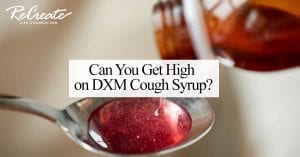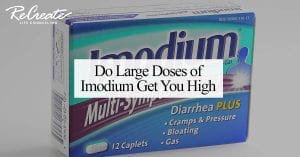

Recognized for excellence in substance abuse and behavioral health treatment by the Joint Commission

Can You Get High on DXM Cough Syrup?
Dextromethorphan (DXM) on its own can cause a high, however, it is most often found in cold and flu medicines that can enhance the effects of DXM when taken synergically.
Drug Detox
Drug detoxification (informally, detox) is variously the intervention in a case of physical dependence to a drug; the process and experience of a withdrawal

Dextromethorphan, also known as DXM, is an active ingredient cough suppressant in cough medicines. Dextromethorphan (DXM) on its own can...

Benefits of a Service Pet for Recovering Addicts
Staying sober is harder than getting sober. This statement is something that most addicts and treatment professionals agree on. Detox...

Do Large Doses of Imodium Get You High?
Loperamide also referred to by it’s over the counter brand drug name Imodium A-D is being abused by opiate addicts...

